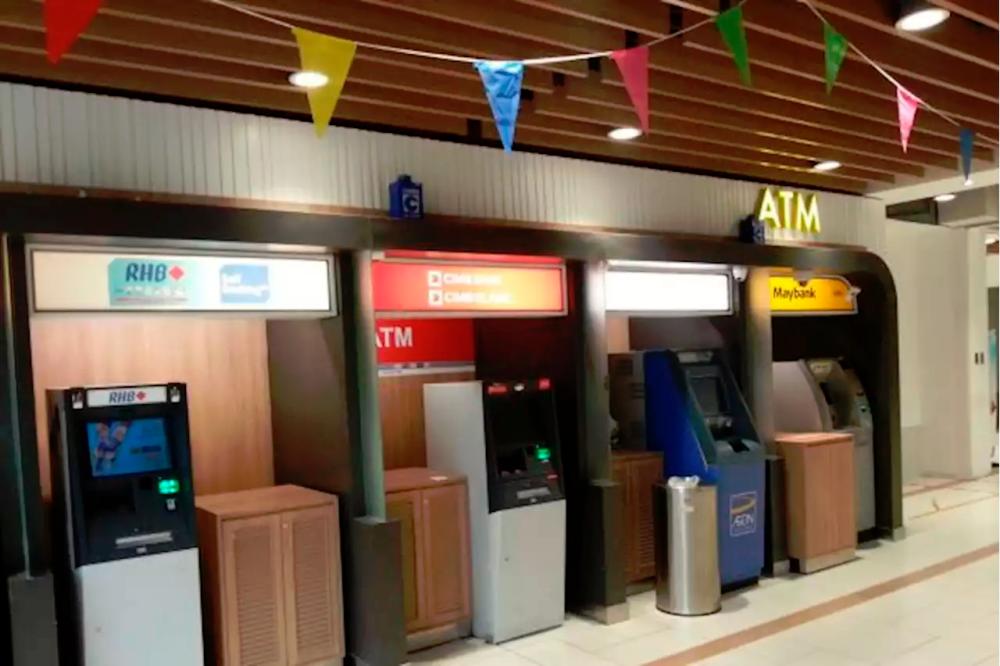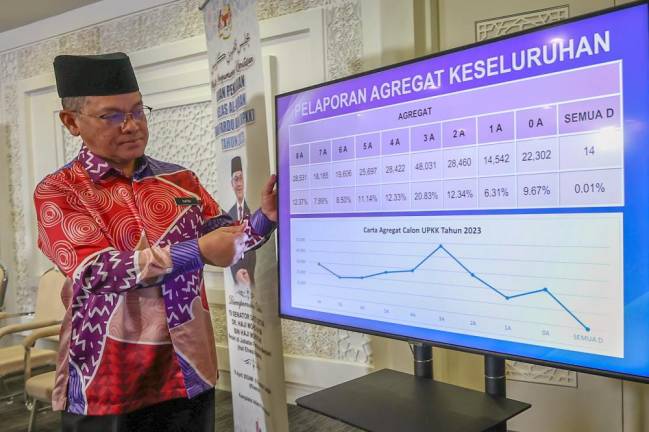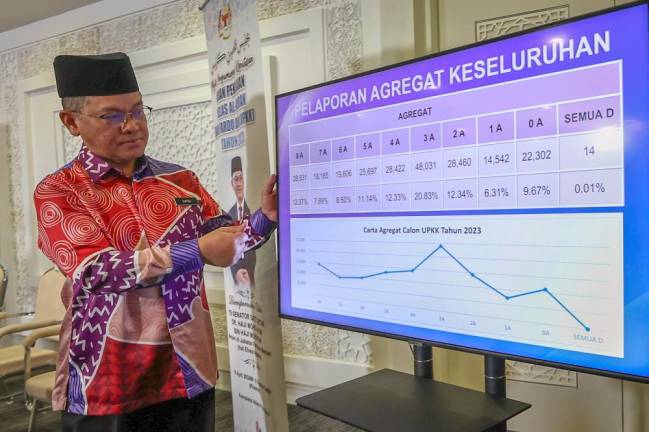PETALING JAYA: Malaysia’s banking system remains stable despite slower economic growth, according to Moody’s Investors Service.
In a statement released yesterday, the rating agency said strong loss-absorbing buffers should mitigate a potential rise in credit costs and moderating profitability over the next 12-18 months.
“The banks are well positioned to manage the challenges associated with Malaysia’s weakening economy and the vulnerable oil and gas, real estate and construction sectors, supported in particular by strong loan-loss reserves and solid capital ratios,” said Moody’s vice-president and senior credit officer lka Anbarasu.
Although a slowdown in trade, private investment and government spending will result in a moderation in gross domestic product growth to 4.4% in 2019 and 4.3% in 2020, it noted that domestic private demand will remain supported by stable employment conditions and wage growth.
Malaysia’s economic growth moderated to 4.5% in the first quarter of 2019 from 4.7% in the fourth quarter of 2018 as private investment growth declined substantially to 0.4% amid moderating business sentiment.
Domestic demand growth also slowed down further by 4.4% during the quarter.
While asset risk will rise, Moody’s opined that overall loan performance should remain stable, with the system’s strong loan-loss buffers sufficient to absorb a potential rise in delinquencies.
“Loan-loss reserves for most rated banks increased in 2018 following the adoption of Malaysian Financial Reporting Standard 9.”
Despite weaker profit, it believes banks can generate sufficient capital to support potential asset growth through risk-weighted assets optimization and dividend reinvestment.
“Testifying to its resilience, the systemwide capital ratio still satisfies regulatory requirements even in a stress scenario.”
Nonetheless, Moody’s said profitability will deteriorate as subdued asset growth and stiff competition for deposits will pressure net interest margins and pre-provision income.
“But funding and liquidity should remain robust, as deposit growth keeps pace with moderate loan growth.”
The rating agency highlighted that the Malaysian government’s capacity to provide support banks in times of stress will remain strong.
“Recent legislative reforms have not resulted in a shift in policy for the resolution of troubled banks outside liquidation, with no legislation in place to force bank creditors to bear the cost of any bank bailout.”
Moody’s expects banking system loans to grow 5% a year in the next 12-18 months compared with 5.6% in 2018, driven by households and small and medium sized enterprises (SMEs).
“The bulk of retail loan growth will be contributed by secured products such as mortgages and auto loans as against unsecured personal loans and credit cards, which grew rapidly in the past.”
It said the government’s home ownership campaign announced in the 2019 budget will also fuel some loan demand from first-time homebuyers.
The campaign, which runs until June 2019, offers discounts and stamp duty waivers for properties in the affordable housing segment.
Corporate loan demand, however, will slow from subdued investment sentiment and activities.














